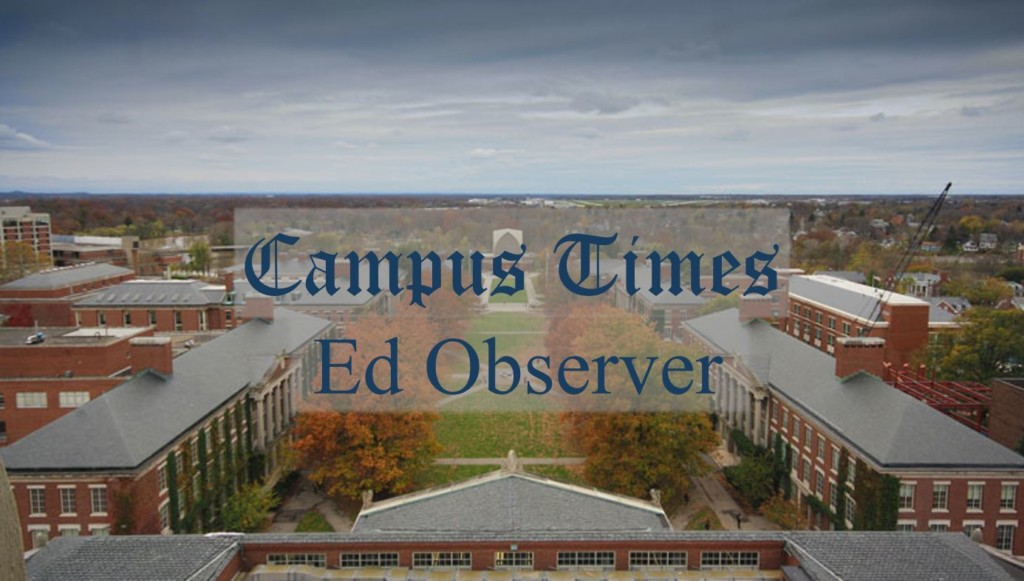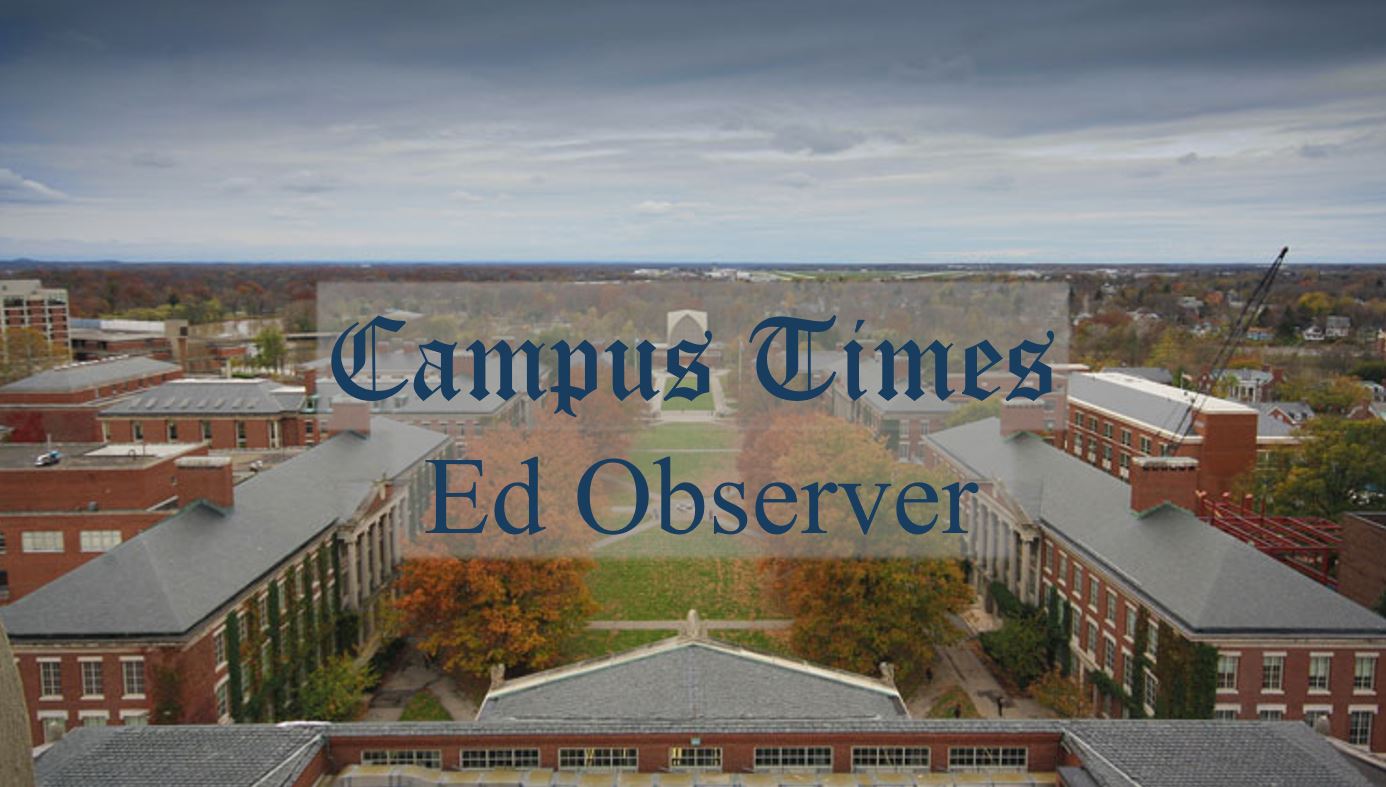The dust of this pandemic is far from settled, but it’s safe to say no one will deny the merits of virtual communication and operation after this semester.
For the Campus Times, this means that we owe a great thanks to our predecessors who chose to shift our paper from a predominantly print publication to an increasingly digital one.
The chaos of COVID-19 upended nearly every facet of our world, and CT was no exception.
With neither had the readers on-campus to justify making a print issue nor enough staff on campus to actually make it, so we canceled all print issues for the rest of the semester. Our office, once bustling with CT staff on Sundays, remained vacant as our production days moved to Zoom calls.
Reporting became a lot harder once in-person interviews and on-campus anything were no longer possible.
But, thanks to our staff’s efforts, our coverage continued, largely uninterrupted. We still published weekly issues online. We started our weekly email newsletter, the CT Buzz, which now has 91 subscribers since its launch three issues ago. We continued to post on social media.
We kept writing and editing and illustrating and photographing.
And, perhaps most importantly, our content shifted to reflect how vastly different our college lives have become. We covered the rapid turn of events and their repercussions, like the messy housing exemption process, or the SA presidential platform videos shared on our social media.
But CT wasn’t just news.
We were also stories of students looking out for each other and for everyone else. And perspectives from those reflecting on something as big as our world and as small as themselves.
And now I could list a million and one ideas we have for next semester’s newspaper, or a million and one initiatives that are already underway, but I don’t want to write CT’s glorified to-do list, nor would you want to read that.
So, perhaps here is the space to consider what this semester has meant to us.
Of course, as I wrote in the beginning of this article, CT was only able to survive this semester because we have our online platforms (our website, our email newsletter, our social media, and some new projects in the works). But this doesn’t mean that CT, or the rest of our world, is ready to go fully virtual.
In the fall, Editor-in-Chief Wil Aiken wrote, presciently, that the old ways must coexist with the new. It is inevitable that we must adapt to the nature of our world today — multi-faceted, disparate, and increasingly online — but with that comes the necessity of preserving the physical.
I know I’m preaching to the choir, because anyone who has lived through these past couple months knows that the digital can never truly replace the tangible and the real.
Phone interviews just aren’t the same as sitting down with someone face-to-face, and there are still aesthetic pleasures of a print copy that online journalism hasn’t quite met yet.
So, even as CT expands into new multimedia realms and digital spaces, the analog CT, from our staff to our print issues, will still conduct and produce much of our work offline, if not this coming semester, then the next ones.
Because the physical is not yet obsolete.



